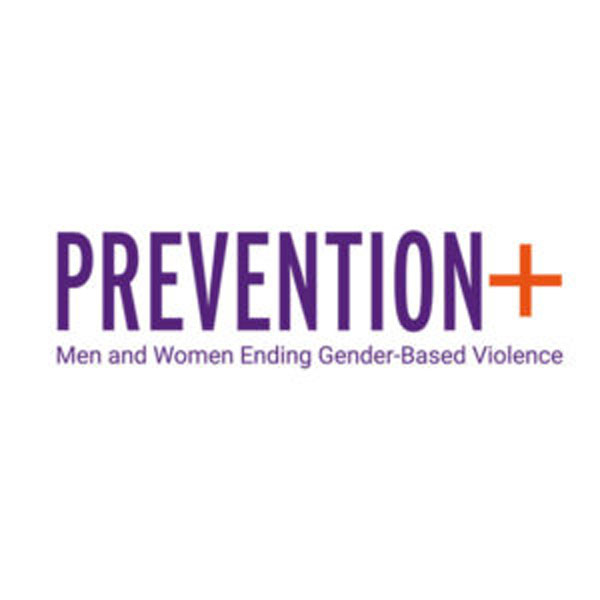
Prevention+ is a five-year program that engages men and boys- together with women and girls- in ending gender-based violence (GBV). Working on healthy gender relations and specifically transforming harmful masculine norms into positive ways of being a man is key.
The #MeToo movement brought GBV to the forefront of public attention in 2017. It underlined the relevance and importance of the work of Prevention+. We believe looking at men and boys as perpetrators is insufficient. Our vision remains that it’s key to involve men and boys as part of the solution, tackling the root causes.
Around the World
In Pakistan, new research provided the evidence needed to strengthen the implementation of GBV laws. Messages were developed and integrated different campaigns in collaboration with the Ministry of Human Rights. Community campaigns reached 825,000 people and 2,400 community members completed a community intervention cycle.
In Indonesia, gender elements were incorporated into farmers’ groups in Lampung and the national police committed to gender-transformative approaches. Community campaigns reached 4 million people and 1,000 staff members engaged in advocacy to promote gender justice.
In Rwanda, Boys4Change clubs were founded in all secondary schools, engaging young men together with young women in GBV prevention. Parents’ Evening Dialogues were also introduced to address men’s caregiving and healthy couple relations. Community campaigns reached 161, 000 people and 8,500 were involved in discussions, support, and/or counseling groups.
In MENA countries, a way forward was established. It includes transforming IMAGES findings into advocacy and action, and providing targeted support to known, dedicated organizations.
At the Human Rights Council in June 2017, Prevention+ influenced the language of the Violence Against Women Resolution. As a result, there was strong commitment by countries to use gender-transformative and rights-based approached to engage men and boys.
The Way Forward
Prevention+ partners will continue to use its strengths in all levels of the ecological model, with a focus in the coming years on institutions. More evidence will be collected to support the idea of engaging men and boys, which will also be used to increase the understanding of partners. In 2018, a mid-term review will look at the progress of the program as a whole.
